Publications
Articles, publications, books, tools and multimedia features from the U.S. Institute of Peace provide the latest news, analysis, research findings, practitioner guides and reports, all related to the conflict zones and issues that are at the center of the Institute’s work to prevent and reduce violent conflict.
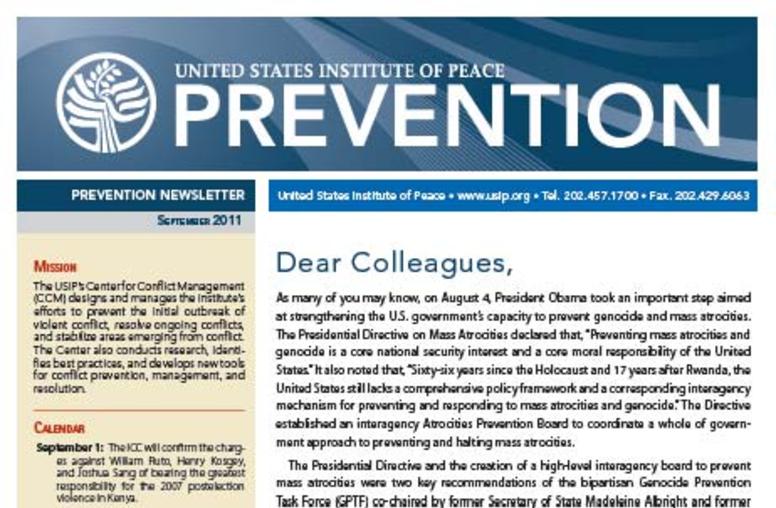
USIP Prevention Newsletter - September 2011
The September 2011 Prevention Newsletter features a spotlight on the Korean Peninsula: After more than two years of "strategic patience" exercised by Washington in not rushing into negotiations with North Korea, why did it convene a bilateral meeting in New York in late July?
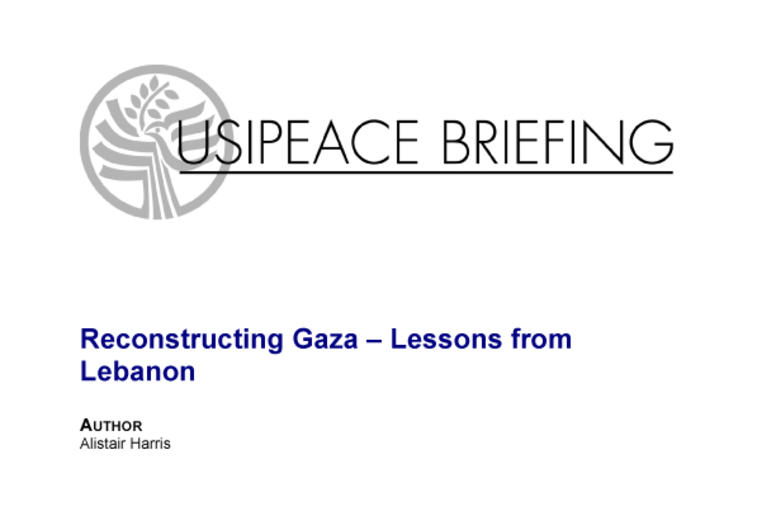
Reconstructing Gaza – Lessons from Lebanon
As the international community continues to debate humanitarian assistance to Gaza, USIP examines “Reconstructing Gaza – Lessons from Lebanon” by Beirut-based Alistair Harris, a Deployable Civilian Expert for the British Government’s Stabilisation Unit. Harris argues that donors should avoid the temptation to adopt a mechanistic, one size fits all solution. “In the rush to rebuild what was destroyed, it should be remembered,” writes Harris, “that the major catalysts for this conflict were pol...
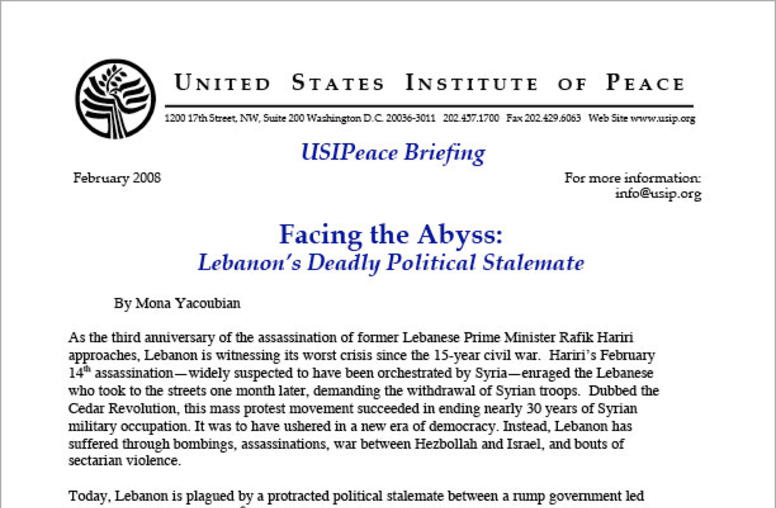
Facing the Abyss: Lebanon's Deadly Political Stalemate
A protracted political stalemate plagues Lebanon. This dangerous deadlock has propelled the country once again toward the abyss of civil war. Will the violence that haunts the country's past recur? Is there a way out?
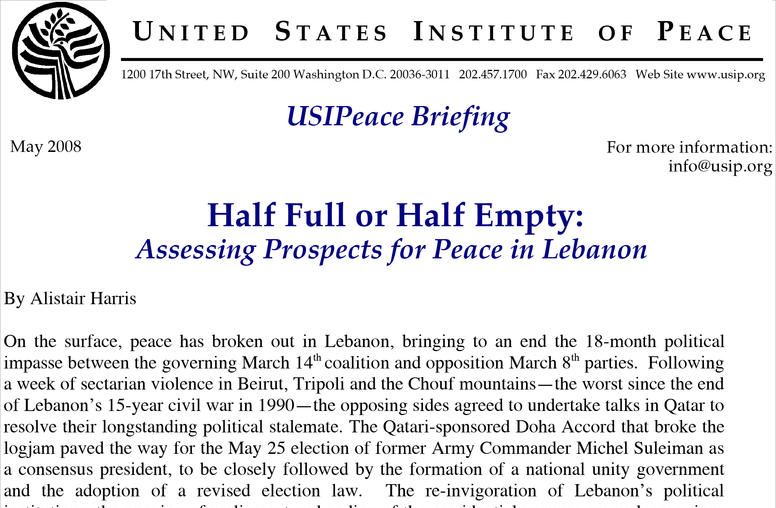
Half Full or Half Empty: Assessing Prospects for Peace in Lebanon
On the surface, peace has broken out in Lebanon, bringing to an end the 18-month political impasse. However, many questions remain. Alistair Harris, a Beirut-based expert on security and reform, explores these issues.

Music, Poetry, Film: Shoring Up Identities for Peaceful Ends
A Somali master poet reconnects citizens to their government. A Lebanese filmmaker collects fighters' stories to dramatize the cost of war. Police in Northern Ireland adopt symbols of peace to signal a new ethos. In places simmering with long-standing social tensions and alienation, common cultural understandings can help ease hostility, suggesting a potentially powerful role for a mechanism still under-used in peacebuilding: the arts.
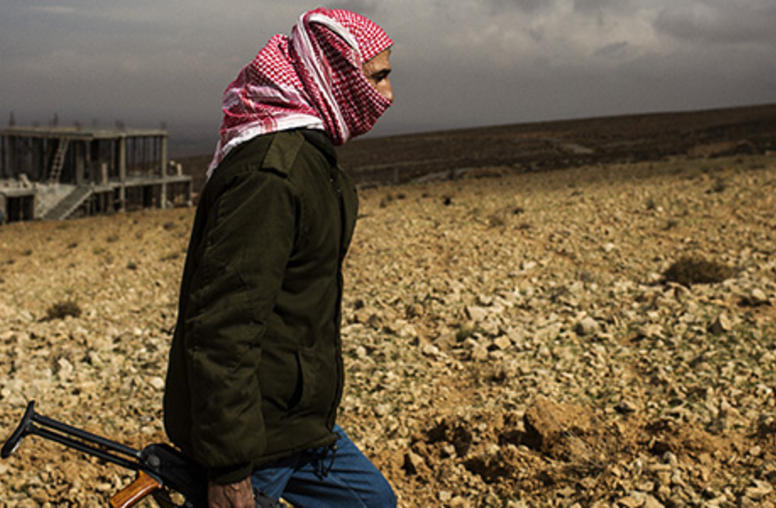
Islamic State and Related Attacks in Lebanon Demand Comprehensive Response
Attacks by militants in Lebanon backed by an Al-Qaida affiliate and the Islamic State have highlighted again the vulnerability of the country's armed forces to terrorist threats and the political establishment's failure to reach agreement on a military strategy to confront terrorism. The solution will require much more than addressing the shortcomings of the military. Political leaders must address the underlying factors that contribute to the ability of extremists to make inroads and recruit on Lebanese soil.
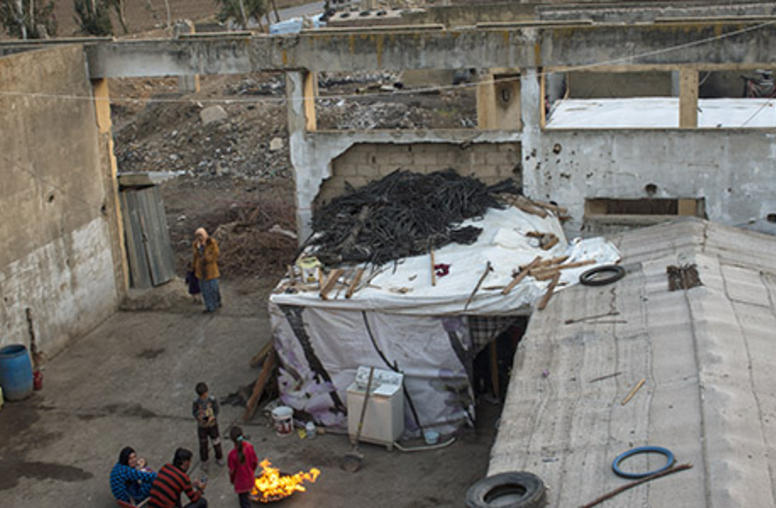
Q&A: Can Lebanon’s New President Defuse Major Crises?
The Lebanese Parliament’s selection this week of General Michel Aoun as president ends 2 ½ years of a leadership vacuum that mired decision-making on fundamental economic, social and political crises facing Lebanon. The Parliament had been unable to elect a new president since May 2014, even as it faced emergencies such as the influx of more than 1 million refugees from the war in neighboring Syria. USIP Middle East and North Africa Director Elie Abouaoun examines the potential effect of the ...
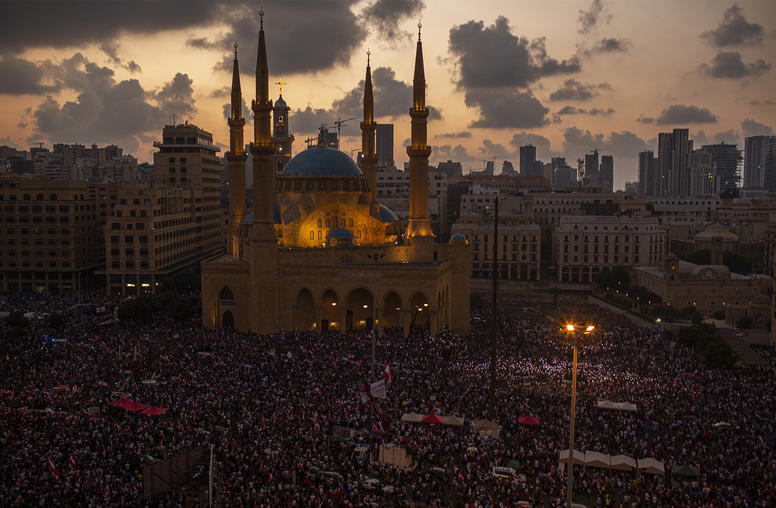
Lebanon’s Vote and the Prospect of Long-awaited Political Reform
On May 15, Lebanon held its first election since mass protests swept the country in October 2019. Trigged by economic crisis and profound frustration with an inept, detached ruling establishment, the protest movement sparked hope that real change to the country’s anachronistic, corrupt political system was in the offing. Fast forward nearly three years, and such promise seems to have been extinguished by the calamitous August 2020 Beirut port explosion, traditional party supporters’ efforts to stifle new opposition movements, and an historic economic collapse.
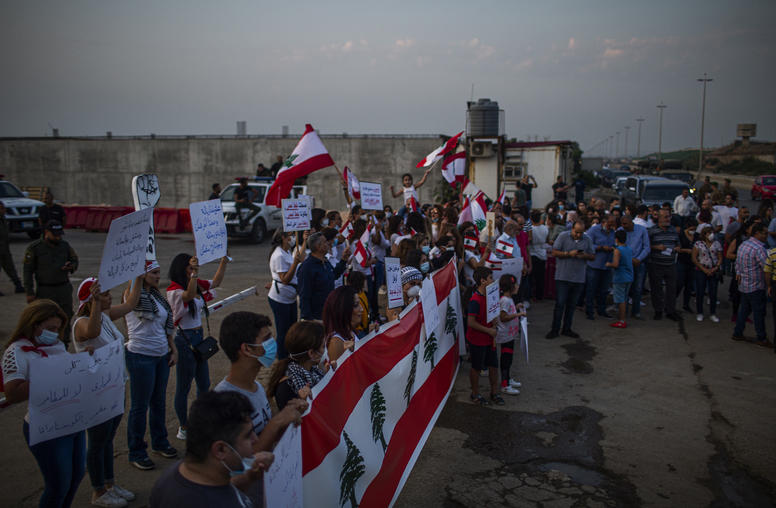
Lebanon’s Election Offers Lessons for Now and the Future
As the minister of interior announced the results of Lebanon’s May 15 legislative elections, speculation began about whether or not the configuration of the new parliament foretold a brighter future for the tormented country. While some of the results indicate positive breakthroughs and progress, there are several nuances indicating that much greater change is still needed to put the country on a steady path to recovery.
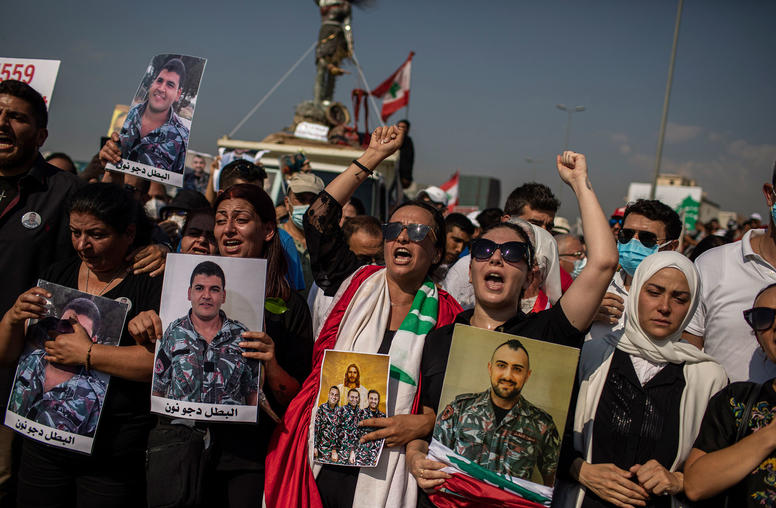
Amid Historic Crisis, Has a New Hope Emerged in Lebanon?
As Lebanon suffers from an historic economic crisis propelled by the venality of its political establishment, the May 15 elections have injected a glimmer of hope amid gloomy prospects for the future. Thirteen independent candidates — part of what is dubbed the “change opposition” — won seats in the 128-member Parliament. “The election of these 13 MPs [members of Parliament] is a very important, gradual first step toward more peaceful political change and reform in Lebanon,” said Mona Yacoubian, a Lebanon expert and senior advisor for the U.S. Institute of Peace. But the road ahead is fraught with internal challenges and external forces that could impede Lebanon’s much-needed reform.